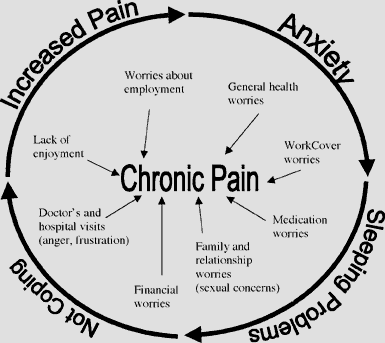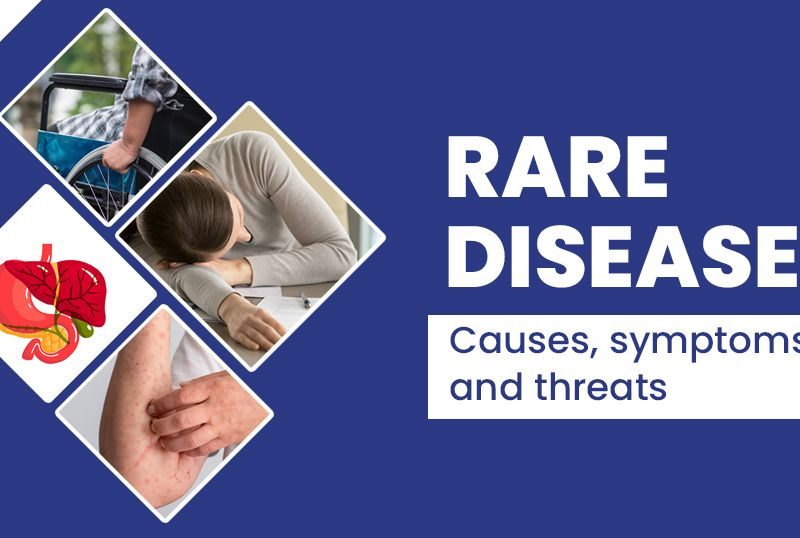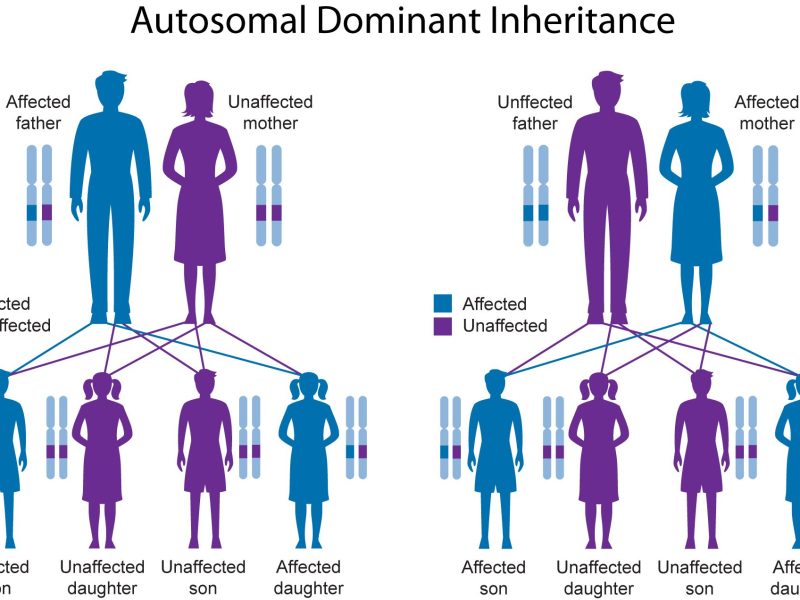Chronic pain is a significant healthcare challenge affecting millions of people around the world. As our population ages and lifestyles become more sedentary, the prevalence of chronic pain conditions such as arthritis, fibromyalgia, and lower back pain is on the rise. The impact of chronic pain on quality of life, work productivity, and mental health cannot be understated.
Coping Mechanisms for Chronic Pain
Dealing with chronic pain can be incredibly challenging, both physically and emotionally. However, there are various coping mechanisms that can help manage pain and improve overall well-being:
1. Mindfulness and Meditation
Practicing mindfulness and meditation can help individuals with chronic pain better manage their symptoms by promoting relaxation and reducing stress. Mindfulness techniques can also help increase awareness of pain without becoming overwhelmed by it.
2. Exercise and Physical Therapy
Regular exercise and physical therapy can help strengthen muscles, improve flexibility, and reduce pain in chronic pain sufferers. Low-impact activities such as yoga, swimming, and walking can be particularly beneficial for those with chronic pain conditions.
3. Cognitive Behavioral Therapy (CBT)
Cognitive Behavioral Therapy is a therapeutic approach that helps individuals identify and change negative thought patterns and behaviors that contribute to chronic pain. CBT can help people develop healthy coping mechanisms and improve their overall quality of life.
Treatment Innovations for Chronic Pain
Advances in medical technology and research have led to innovative treatment options for chronic pain sufferers. Here are some of the latest innovations in chronic pain management:
1. Regenerative Medicine
Regenerative medicine therapies such as stem cell therapy and platelet-rich plasma injections hold promise for treating chronic pain conditions by promoting tissue repair and regeneration. These cutting-edge treatments can help reduce pain and improve function for individuals with chronic pain.
2. Neuromodulation
Neuromodulation techniques, such as spinal cord stimulation and peripheral nerve stimulation, utilize electrical signals to interrupt pain signals sent to the brain. These innovative treatments can provide relief for individuals with chronic pain that has not responded to conventional therapies.
3. Pharmacogenomics
Pharmacogenomics is a field of study that examines how an individual’s genetic makeup influences their response to medications. By taking a personalized approach to prescribing pain medications, healthcare providers can tailor treatment plans to each individual’s unique genetic profile, maximizing effectiveness and minimizing side effects.
Conclusion
Chronic pain is a complex and challenging condition that requires a comprehensive approach to management. By utilizing effective coping mechanisms and embracing innovative treatment options, individuals with chronic pain can experience improved quality of life and better pain control. With continued research and advancements in pain management, the future looks promising for those living with chronic pain.
© 2023 TechNiche. All rights reserved.


